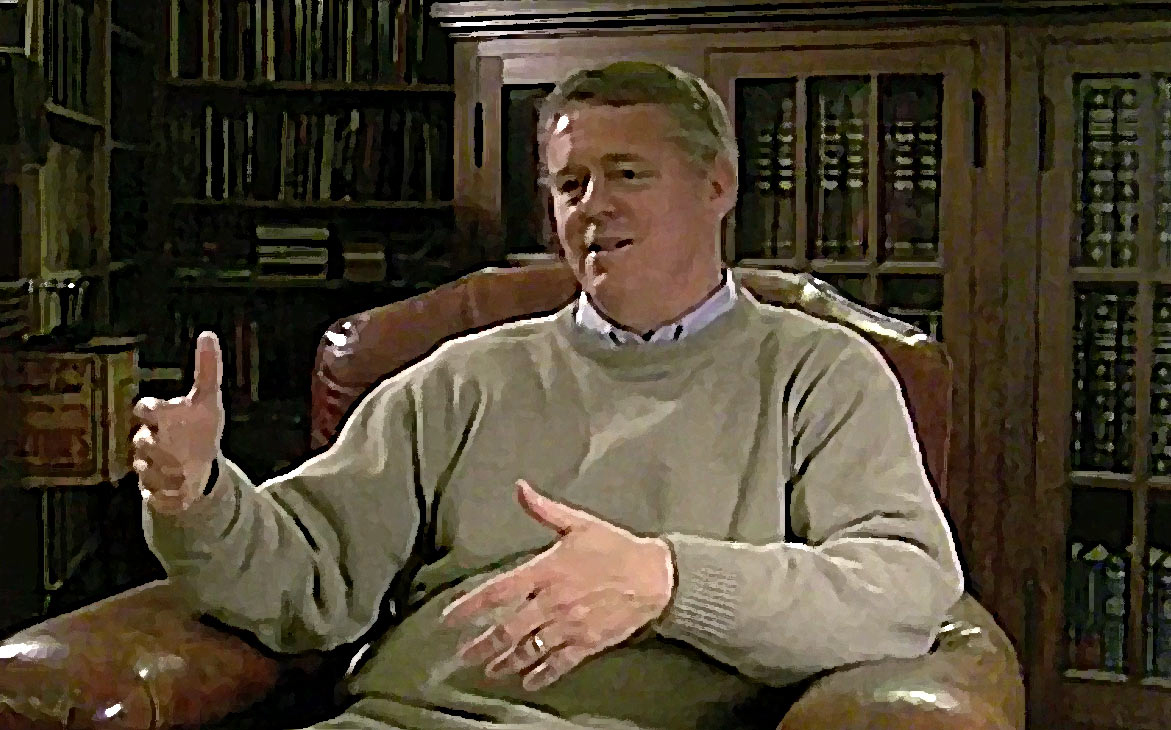Are public officials entitled to a right to privacy that must be “balanced against” our right to protect ourselves from their misconduct?
Too often, how to adjudicate rights is regarded as a matter of juggling competing interests, whatever those interests may be, rather than of specifying
- the nature of the relevant right,
- whether it is fundamental or derivative, and
- when it does and does not properly apply.
The right to life, for example, entails the right to peaceably earn a living and to acquire and exchange property — but not to steal somebody else’s property.
Thus there’s no call for judges to furrow their brows over how to “balance” your right to your wallet with a mugger’s “right” to it. Whatever rights a thief has, he has never had a right to your wallet. Nor to immunity to the consequences of stealing.
Similar considerations apply to the “right to privacy” of government officials guilty of misconduct in their official capacity.
Whatever information about themselves which, even so, officials may be entitled to withhold from us, this right-to-keep-stuff-about-me-confidential can’t encompass evidence of abuse of power. We are entitled to that information for the sake of combating such abuse and protecting our own rights.
So Eugene Volokh is right to conclude, with respect to the June 11 Chasnoff v. Mokwa decision — a case originating in what certain cops did with tickets taken from scalpers — that it “should be obvious” that “Police officers have no constitutional ‘right of privacy’ in records” of misconduct.
This is really little more than basic law.
Indeed, this is Common Sense. I’m Paul Jacob.





